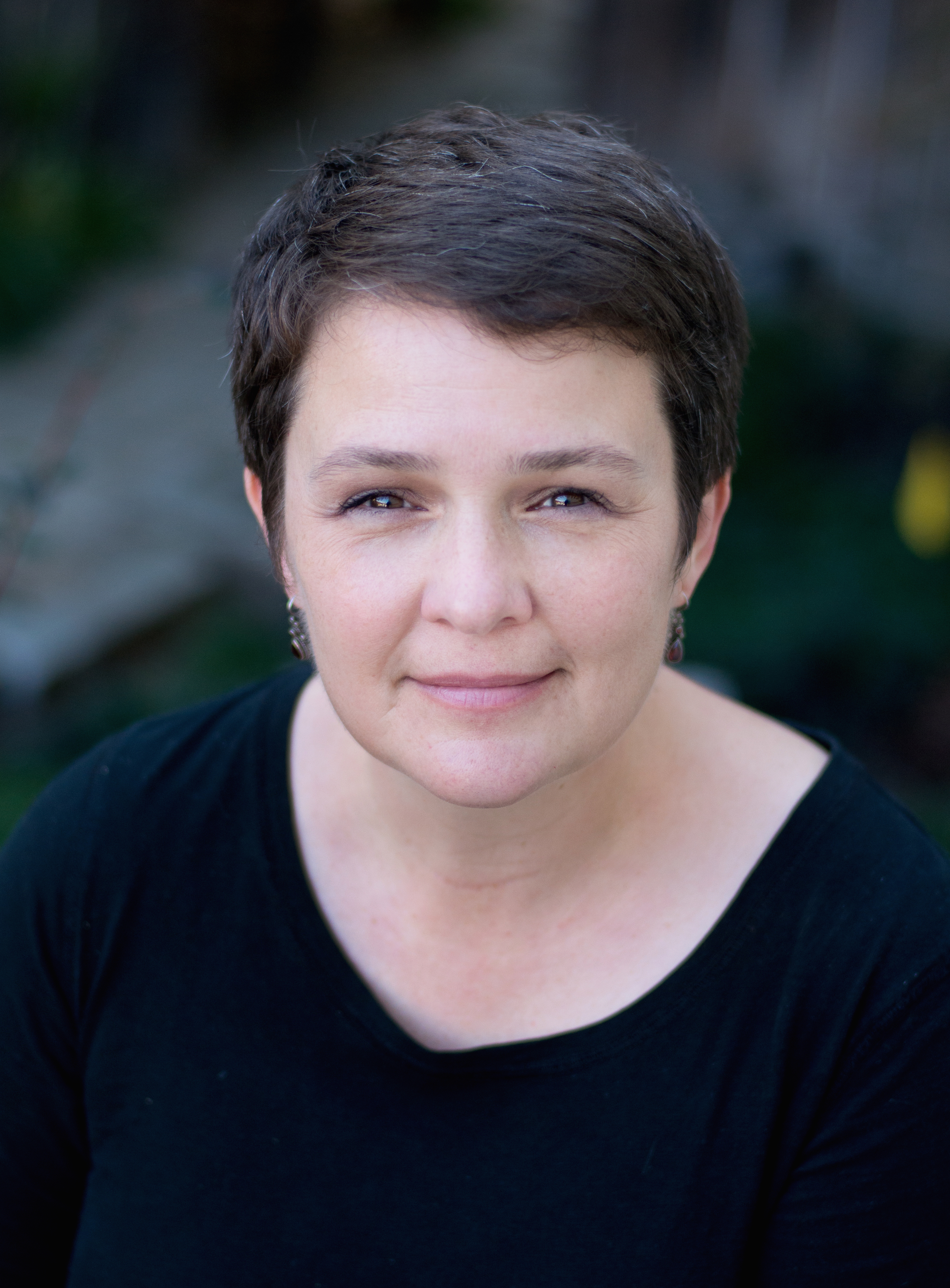Emily writes frequently about autism and related issues, and her work has appeared in print or online at Discover, New York Times, Slate, Washington Post, San Francisco Chronicle, and others. Emily has a B.A. in English with minors in German and History and a Ph.D. in biological sciences, both from The University of Texas at Austin. She also completed postdoctoral work at the University of California, San Francisco and has taught graduate and undergraduate biology for many years.

Emily Willingham
Science writer
Spectrum
From this contributor
The legacy of Steve Silberman and his book, ‘NeuroTribes’
The writer’s empathic storytelling changed how society—and researchers—view autistic people.

The legacy of Steve Silberman and his book, ‘NeuroTribes’
Spotted around the web: Week of 29 October 2018
Here is a roundup of news and research for the week of 29 October.
Spotted around the web: Week of 29 October 2018
Book Review: A mother finds reward in risk
In “The Boy Who Loved Too Much,” a woman tries to cocoon her son, who has Williams syndrome, from life’s insults but later realizes her protective instincts carry dangers of their own.

Book Review: A mother finds reward in risk
Spotted around the web: Week of 22 October 2018
Here is a roundup of news and research for the week of 22 October.
Spotted around the web: Week of 22 October 2018
Spotted around the web: Week of 15 October 2018
Here is a roundup of news and research for the week of 15 October.
Spotted around the web: Week of 15 October 2018
Explore more from The Transmitter
Shifting neural code powers speech comprehension
Dynamic coding helps explain how the brain processes multiple features of speech—from the smallest units of sounds to full sentences—simultaneously.

Shifting neural code powers speech comprehension
Dynamic coding helps explain how the brain processes multiple features of speech—from the smallest units of sounds to full sentences—simultaneously.
Astrocytes orchestrate oxytocin’s social effects in mice
The cells amplify oxytocin—and may be responsible for sex differences in social behavior, two preprints find.

Astrocytes orchestrate oxytocin’s social effects in mice
The cells amplify oxytocin—and may be responsible for sex differences in social behavior, two preprints find.
Neuro’s ark: Spying on the secret sensory world of ticks
Carola Städele, a self-proclaimed “tick magnet,” studies the arachnids’ sensory neurobiology—in other words, how these tiny parasites zero in on their next meal.

Neuro’s ark: Spying on the secret sensory world of ticks
Carola Städele, a self-proclaimed “tick magnet,” studies the arachnids’ sensory neurobiology—in other words, how these tiny parasites zero in on their next meal.